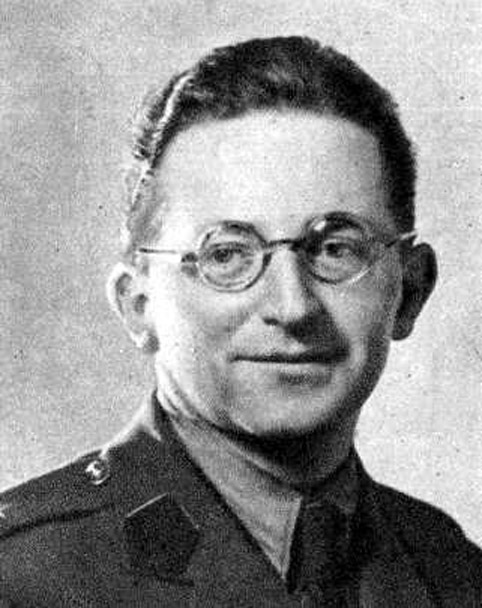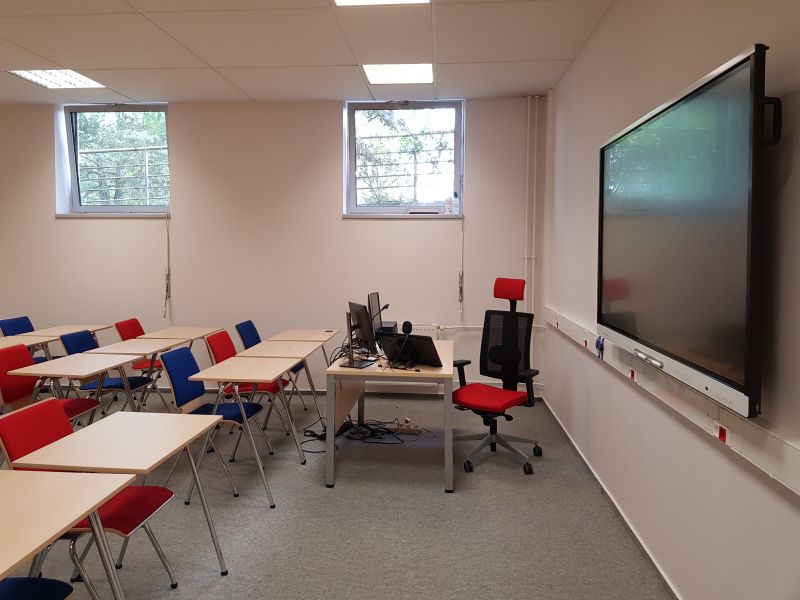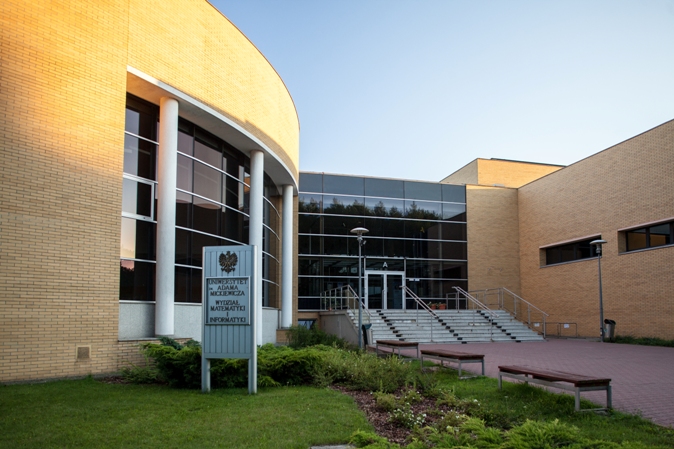Faculty of Mathematics and Computer Science

First interesting fact is that the Poznan’s Mathematics Faculty originated from The Faculty of Philosophy that was established in 1919 and later branched out creating two departments of mathematics.
Already back then the Faculty staff who came to work both from Poland and Ukraine (mostly Lviv in Western Ukraine and professor Waclaw Orlicz among them) were interested in: classical algebra, differential geometry, theory of differential forms and Lie groups, analytic functions, functional analysis, theory of real functions, Fourier series and orthogonal series.
In the years leading up to the Second World War a strong group dealing with codes breaking and cryptography had been active with some of the most notable graduates such as Marian Rejewski an 3 others whose work contributed to cracking the code of the infamous Nazi German Enigma Machine.
An interesting fact is that the two existing Mathematics Departments became parts of the Mathematics, Physics and Chemistry Faculty in Poznań University and in 1970s were transformed into one Institute of Mathematics with eight departments: Department of Algebra and Number Theory, Department of Mathematical Analysis, Department of Geometry and Topology, Department of Mathematical Logic, Department of General Mathematics, Department of Numerical Methods, Department of Probability Theory and Mathematical Statistics, Department of Theory of Real Functions.
Gradually and with the splitting off of the Physical and Chemical component, Mathematics and Computer Science became an independent Faculty in 1993 with teaching and scientific research in over twenty faculty units including its departments, Cryptology Center, and scientific labs supported by the faculty.
At present the faculty offers study programmes in four fields: mathematics, computer science, data analysis and data processing, teaching of mathematics and computer science. The latter one is unique for the whole country.
The faculty also offers postgraduate study programmes.
The Faculty of Mathematics and Computer Science building is home to the LEGO® Education Innovation Studio.
This is a space where students seek to develop the theoretical and practical aspects of applying LEGO® Education methods to teaching in schools, taking into account the challenges that teachers face on a daily basis.
In the field of computer science, research focuses on artificial intelligence, algorithm theory, computer security and computational linguistics.
There are four journals edited at the Faculty:
- Random Structures and Algorithms,
- Acta Arithmetica,
- Commentationes Mathematicae,
- Functiones et Approximatio,
- publishing series: Advanced Topics in Mathematics.










